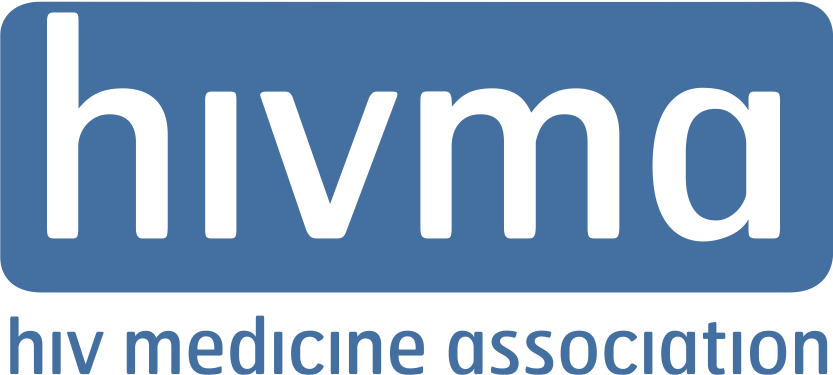Policy Statement on Syringe Access and Paraphernalia Laws
The Infectious Diseases Society of America (IDSA) and the HIV Medicine Association (HIVMA) are strongly committed to evidence-based public health interventions that both increase access to health care and decrease transmission of HIV, viral hepatitis, and other blood-borne pathogens. Injection drug use is a major route of transmission for these infectious agents. Because transmission occurs through the sharing or re-use of infected paraphernalia, access to uninfected injection equipment is a key part of infection prevention programs. Currently, Congress prohibits local health authorities from using federal funds for syringe exchange programs (SEPs).
In the context of the ongoing injection drug abuse public health emergency and based on a thorough review of the efficacy of existing syringe access programs and the epidemiological evidence, IDSA and HIVMA strongly support efforts to:
- End Congress’ and federal agencies’ prohibition on federal funding for SEPs.
- Increase access to drug replacement therapy for people who inject drugs (PWID).
- Reform and decriminalize syringe possession and paraphernalia laws.
- Provide over-the-counter (OTC) syringe access.
- Establish community-based syringe access and disposal programs that are safe, accessible, and discreet.
All of these activities must be coupled with increased provision and access to drug treatment.
RATIONALE:
- SEPs are associated with decreases in HIV and viral hepatitis incidence.
- SEPs reduce the amount of syringe sharing, the circulation time of syringes in a particular drug-using network and the amount of reuse of syringes within a particular drug-using network.
- SEPs provide a point of healthcare access for underserved populations, including providing condoms and instruction on condom use, initiation of HIV and viral hepatitis education, counseling and testing, and entry into drug abuse treatment.
- SEPs benefit communities by reducing the number of improperly disposed syringes as well as reducing needle stick injuries to law enforcement officers and other first responders.
- Long wait lists for treatment centers often lead to additional exposures to other PWID and their sexual partners and children. SEPs can reduce the risk of disease transmission during the wait to enter a drug treatment program.

